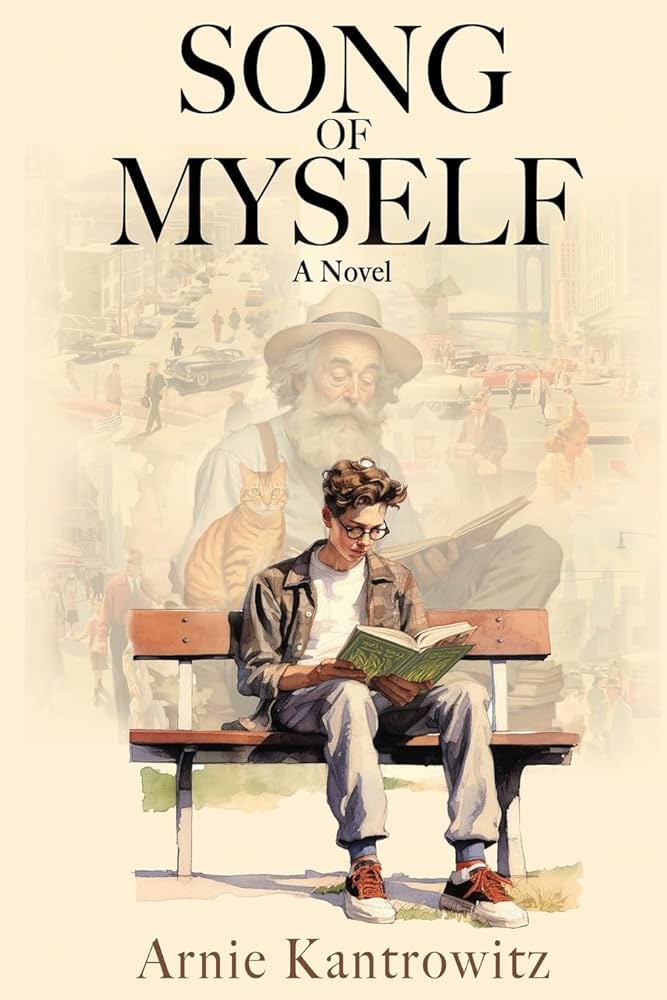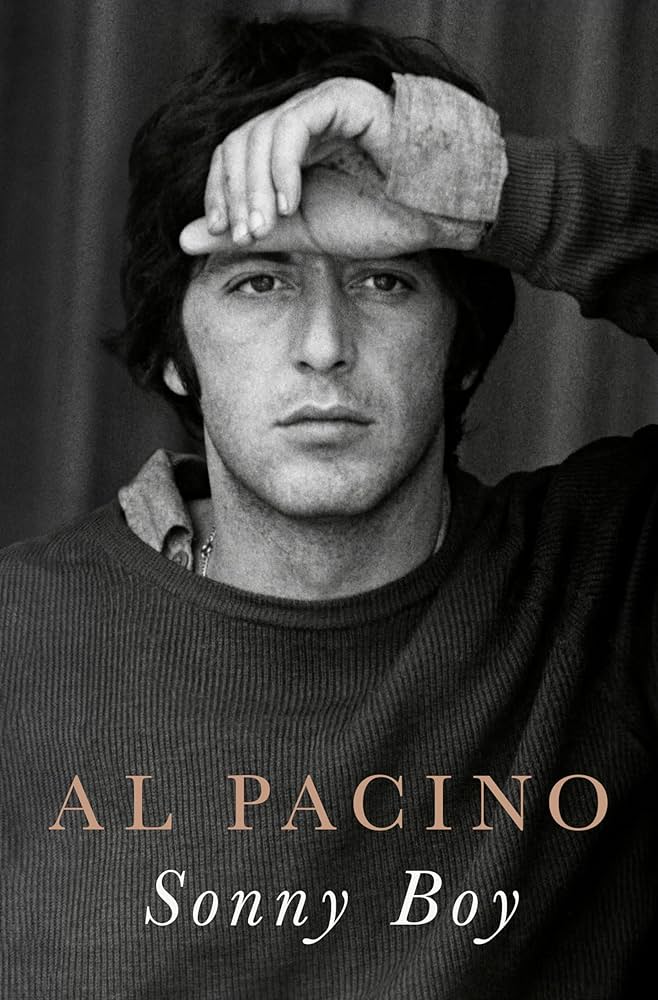 SONG OF MYSELF
SONG OF MYSELF
by Arnie Kantrowitz
Sentinel Voices. 448 pages, $24.95
Arnie Kantrowitz was a gay pioneer; the first vice president of New York City’s Gay Activists Alliance when it formed soon after the 1969 Stonewall riots; author of Under the Rainbow: Growing Up Gay in 1977, an early memoir by and about an openly gay man; an educator who was one of the first in America to teach gay studies as an English professor. “Arnie,” as everyone called him, was also a lifelong fan of another gay pioneer, considered to be America’s greatest poet: Walt Whitman. In Song of Myself, titled after Whitman’s best-known poem, Arnie’s posthumously published novel tells the fictional story of Daniel Dell Blake.
Raised in upstate New York in the years before World War II, Blake flees his father and his small town to join the military and ships off to the Pacific, where he spends time as a Japanese prisoner of war. “Service” takes on new meaning as Blake avails himself of ample opportunities to provide relief to stressed soldiers. Back in the U.S., the following decades find Blake crisscrossing the country with stays of months, sometimes years, in New York City; Portland, Maine; Provincetown; Pittsburgh; Chicago; Minneapolis; San Francisco; and Seattle. You could say he literally sleeps his way across the country.
What keeps Song of Myself from simply being a record of Blake’s sexcapades is his devotion to the poetry of Whitman. “Ever the missionary for Walt Whitman” (like Arnie himself), Blake quotes passages from Leaves of Grass throughout the book, applying Whitman’s poetic wisdom to the latest predicament in which he finds himself. Arnie frames Blake’s story within the larger developments that comprise LGBT history, from the secretive and subversive “Friends of Dorothy” days long before Stonewall, up into the dark AIDS years of the 1980s. Song of Myself is an engaging, often funny, frequently sexy, and even educational reading experience.
John-Manuel Andriote
 SONNY BOY: A Memoir
SONNY BOY: A Memoir
by Al Pacino
Penguin Press. 384 pages, $35.
In light of the “Godfather” trilogy (1972–1990) and the other roles he’s played in seventy films, you probably didn’t expect a book by Al Pacino to show up in an LGBT magazine. And yet his new memoir, Sonny Boy—which is the kind of memoir that celebrities write when they know the end is near—has earned its place in The G&LR. In a chapter titled “Maximum Velocity,” Pacino reflects on his two contributions to gay cinema, one positive, the other not so much.
In Sidney Lumet’s classic film Dog Day Afternoon (1975), Pacino played an inept criminal whose sole reason for robbing a bank is to get the money needed for his lover’s sex-change operation. Pacino describes his character as “complex”: “a man with a wife and kids who also happens to be in an affair with a person who identifies as a woman, and who today we would understand as transgender.” To be sure, a ghost writer may have helped the 84-year-old legend articulate that sentiment, but it shows a real sensitivity to the comically tragic protagonist.
Then there’s the 1980 movie Cruising, a despicable film about which Pacino is more circumspect, even embarrassed, devoting only three paragraphs to this plunge into the dark underside of gay life. The thriller was picketed by activists for its gory homophobia involving “an unknown killer who is menacing men in the gay clubs of Manhattan.” Pacino recounts how protesters blocked the production in the summer of 1979 and that he received “bomb threats and had to have bodyguards protect me.” Pacino regrets Cruising as an “exploitative film” and donated his entire salary to charity.
Colin Carman
 INVASION OF THE DAFFODILS
INVASION OF THE DAFFODILS
by Dino Enrique Piacentini
Astrophil Press. 263 pages, $17.95
Dino Enrique Piacentini’s debut novel is an intergenerational tale of Mexican-American families living on an island off the coast of California during the early 1950s. Self-consciously drawing on florid prose and macabre surrealism, the fable-like narrative centers on the trials and tribulations of a teenage boy, Chico Flores, who stumbles upon a crate filled with daffodil bulbs. He and his brother sell off the stash of plants throughout the island. Before long, the shoots begin splintering rocks, porches, pipes, buildings, docks, even the church. The destruction disrupts the tourist economy, threatening the livelihood of the Italian business owners and bankers. What’s more, pollen from the flowers burns the skin of white inhabitants, though the Mexican families find the daffodils fragrant, harvesting them for contraband—further deepening racial fissures.
The chaos generated by the mysterious bulbs serves as a backdrop for the drama of a young boy who is grappling with his gay sexuality. The teen’s domestic life is another challenge: he is living with his senile grandmother, ailing father, double amputee war veteran brother (who’s dealing with PTSD), and a sister who works three jobs to support the family. Not only is Chico blamed for unleashing the horrific flowers, but his stumbling schoolboy desire adds to his isolation. Eventually, innuendo about his behavior escalates into violence.
Despite poverty, racism, and homophobia, Piacentini’s characters are convincingly resilient and tenacious. Miraculously, they maintain hope for the future. The marauding wildflowers fade and wither away, but the lives on the island have been changed forever. Piacentini’s novel, a colorful variation on magic realism, offers an immersive reading experience.
John R. Killacky






